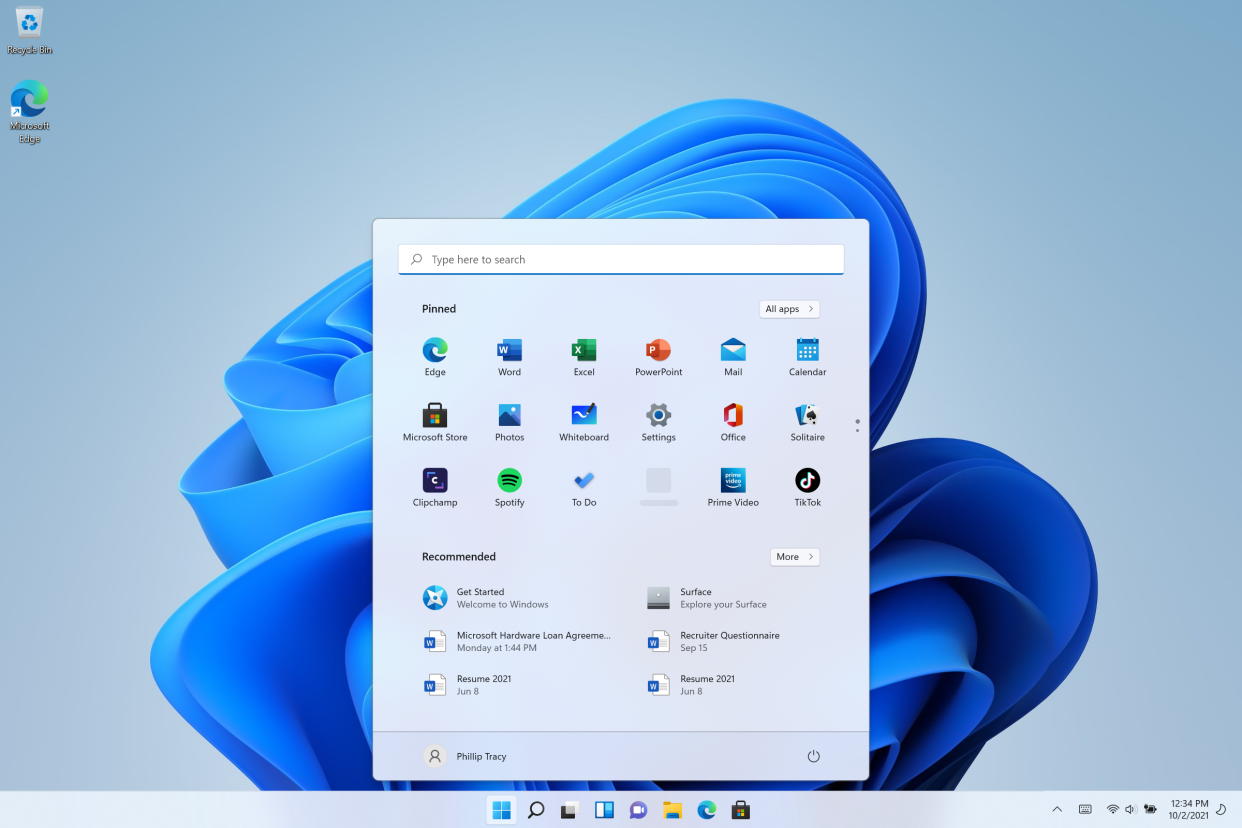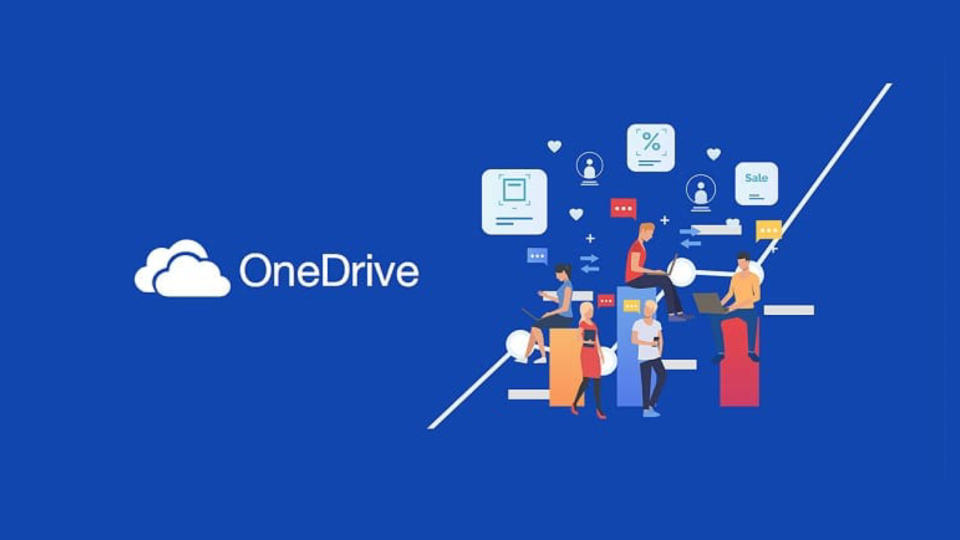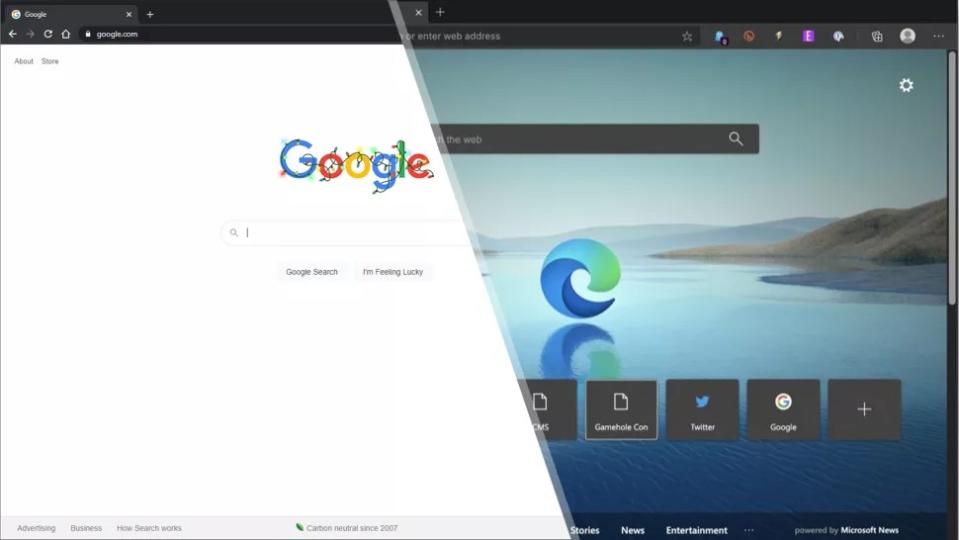Windows 11 is DMA compliant: Which means EU can finally uninstall Edge

After being marked a "gatekeeper" by the European Commission, Windows 11 is fully DMA compliant thanks to some big changes from Microsoft.
The Digital Markets Act is forcing several big tech companies to make adjustments to their products and services to make sure they don't restrict the options available to consumers. To meet DMA regulations, Microsoft had to give EU users the ability to control which Microsoft apps they want to keep on their devices.
Here's how the update works — and how it affects users, in the EU and beyond.
Windows 11 is DMA compliant after Edge, OneDrive changes

As of today, Windows 11 is fully compliant with the EU's Digital Markets Act (DMA). Microsoft accomplished this by allowing users in the European Economic Area to uninstall Microsoft Edge, OneDrive, and Bing from Windows 11 devices. They can also disable the Microsoft News feed and remove Bing from Windows Search.
The Digital Markets Act is designed to ensure fair market competition and a variety of choices for consumers, which has really shaken things up for some of the tech giants.
The European Commission identified Windows as a gatekeeper operating system, meaning it has significant market dominance that could restrict the choices available to consumers. To comply with the EU's DMA regulations, Microsoft needed to make some changes to Windows 11 to give users more control over their devices and data.
Microsoft explained in a press release that in addition to the Edge, OneDrive, and Bing updates, they are also revising the way they handle data from third-party apps in Windows 11. Moving forward, any data collected on Windows PCs related to third-party apps won't be used in any way that could give Microsoft a competitive advantage over other app developers. That means data about lag or bugs on third-party apps won't be leveraged to make Microsoft-brand apps superior to non-Microsoft alternatives.
Most users in the European Economic Area can download new versions of Windows 10 and Windows 11 with these DMA-compliant changes now. However, Microsoft stated that the changes will be available to all EEA users by April 2024, so if you can't access them yet, you won't have long to wait — as long as you're in the EU, Iceland, Liechtenstein, or Norway.
How does Windows 11 DMA compliance impact users?

For most people, the fact that Windows 11 is DMA compliant now won't make a difference in their day-to-day user experience. First of all, these updates are currently only available to Windows users in the European Economic Area. So, if you're in the US, UK, or anywhere else, you're out of luck.
Windows 11 DMA compliance mainly impacts users in under-the-hood ways. For instance, the fact that Microsoft can't use third-party app usage data to get a competitive edge means that Microsoft developers won't have an unfair advantage over third-party developers. While that's great for ensuring fair market competition, most people won't notice it when they're going about their business on their Windows PC.
A lot of users may take advantage of the ability to uninstall or disable Edge, OneDrive, and Bing, though. As of 2023, Microsoft Edge has only a 5.3% share of the global web browser market. Chrome is number one, controlling 63.56% of the market. Yet, Windows is by far the most popular desktop operating system in the world. That means a significant portion of Windows users aren't using Microsoft Edge.
That's the exact reason Edge and Bing weren't deemed "gatekeepers" by the European Commission. Neither controls enough of its market to pose a threat to consumers' access to alternative options.
The same goes for OneDrive, which faces stiff competition with Google Drive and iCloud Drive. For many users, OneDrive may just be yet another collection of bloatware apps they'll be happy to uninstall. The fact that Windows 11 is DMA compliant now will bring some welcome changes to anyone in that camp.
Unfortunately, the Digital Markets Act doesn't apply outside the EEA. However, there are still ways users in other regions can improve their Windows 11 experience. For instance, you can turn off some potentially frustrating features and tweak your Windows 11 settings to make the operating system run better, even without the help of the EU's DMA regulations.